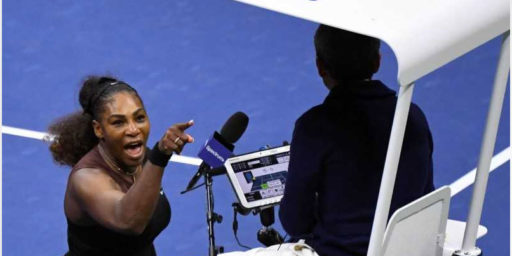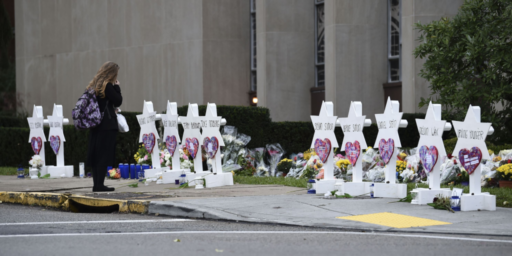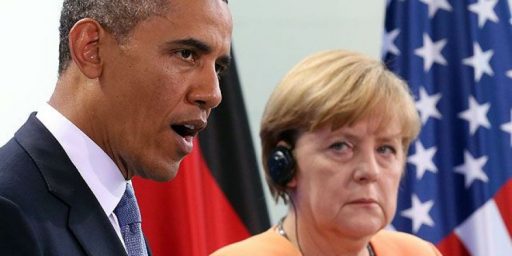Nazi Past Casts Shadow over German Open
The German Open’s program, which pictures Hermann Goering and makes reference to the “golden times” after the Jews were run out of the club, has created a firestorm of controversy that threatens to overshadow the event.
Nazi blunder casts shadow over German Open (Reuters)
A photograph of Nazi Hermann Goering in the programme of the German Open tennis tournament and reference to the host club’s “golden times” after its Jewish members fled in the thirties has caused outrage. The head of Berlin’s Jewish community Albert Meyer said on Saturday the passage was a disgrace. “This article is unthinkably tactless,” he told German newspaper Bild.
Berlin’s Rot Weiss tennis club has apologised for the slur and suspended director Lars Rehmann, who co-authored the text. In a section of the programme on the club’s rich heritage, Luftwaffe (air force) chief Goering is pictured sitting on the club’s honorary tribune, with uniformed Nazi officers behind him. The text describes how Jewish members of the club fled Hitler and continues: “With its membership reduced by half in this way, the club, previously known as a ‘Jewish club’, opened itself to new members.” “In sporting terms this change brought no interruption for the club and top German tennis. On the contrary, golden times ensued.”
What in the world were they thinking?






What in the world were they thinking?
Given the way Drudge characterized remarks by the German ambassador to Britain, maybe they think we all need to “get over it”?
I just read that article in the Independent Drudge linked to. His title is misleading, as the German ambassador wasn’t saying that we should get over the war, but that the British had a very stereotypical misconception about modern Germany. He has a point, and his reference to the Fawlty Towers episode was on the spot.
I read it too — which is why I sad “characterized.” Still, this German Open business points more toward Drudge’s characterization than anything else I can think of.
What in the world were they thinking?
The same thing they’ve always been thinking?
After the war, you could hear plenty of Germans distinguishing between upstarts like Hitler and good old Germans like Goering, with the implication that had *he* been in power, things would have gone “better.” I suspect this convenient dichotomy persists.